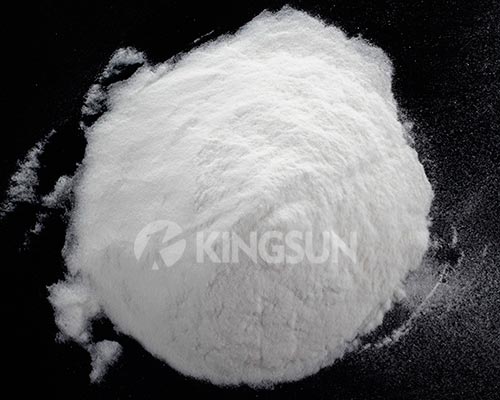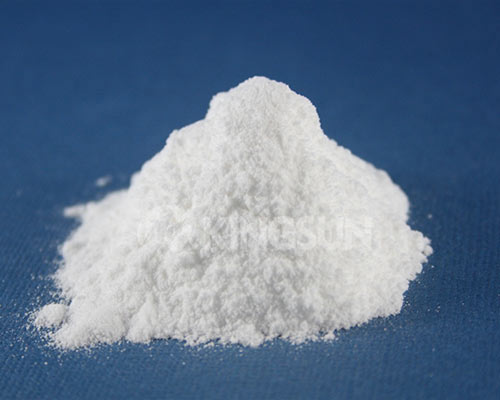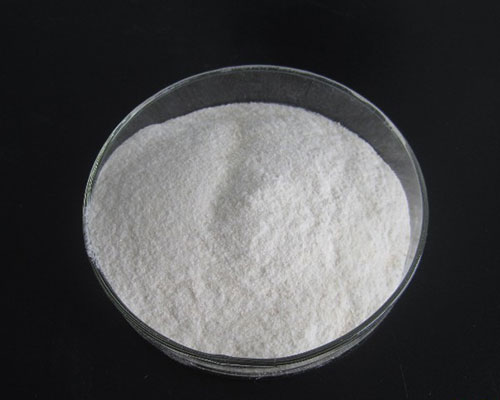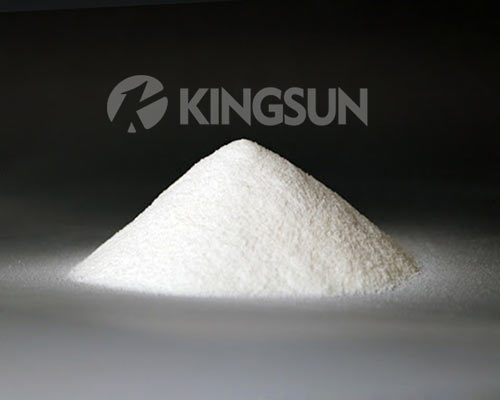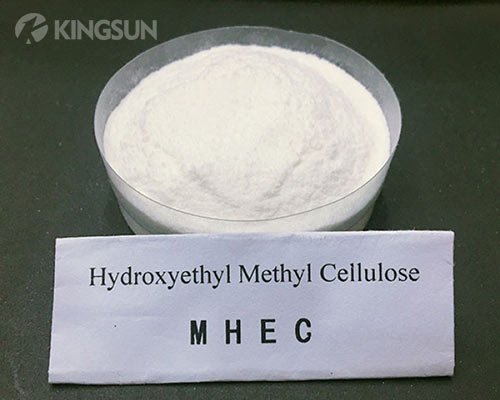Cellulose ether is a synthetic polymer made from natural cellulose and chemically modified, and it is also one of the most important water-soluble polymers in industry. The cellulose ethers are rich in raw materials and various in variety, and have many unique and excellent characteristics, such as thickening, dispersion, suspension, emulsification, adhesion, film formation, protective colloid, and moisture retention. Therefore, they can be widely used in oil extraction industry, construction industry, paint work, synthetic resin industry, paper industry, textile industry, daily chemical industry, food industry, pharmaceutical industry and other fields.
Classification of Cellulose Ether
There are two types of cellulose ethers: one is non-ionic, Hydroxyethyl Cellulose (HEC), Hydroxypropyl Methyl Cellulose (HPMC), methyl cellulose (MC), ethyl cellulose (EC), etc. The other type is ionic, such as Carboxymethyl Cellulose (CMC) and Polyanionic Cellulose (PAC). Most cellulose ethers are generally white, odorless, fluid fibrous powder, easy to absorb moisture, and dissolve into transparent viscous stable colloids in water.
Applications of Cellulose Ethers
Cellulose ethers are a group of water-soluble polymers derived from cellulose, a natural and renewable polymer found in plants. Due to their unique properties, such as solubility, stability, and viscosity, cellulose ethers have a wide range of applications in various industries. Here are some of the common applications of cellulose ethers:
- Construction Industry. Cellulose ethers are commonly used as thickeners, binders, and stabilizers in cement-based products, such as mortar, grout, and concrete. They improve the workability and durability of the mixture, reduce water content, and enhance the performance of the final product. Besides, they can also be used in gypsum-based products, such as plaster and joint compound, to improve the setting time, workability, and strength.
- Paints and coatings. They are used as thickeners and rheology modifiers in water-based paints and coatings, which can improve the flow and leveling of the paint, prevent sagging and dripping, and enhance the durability and adhesion of the coating.
- Textile Industry. The cellulose ethers are used in the textile industry as sizing agents, thickeners, and stabilizers in the production of yarns and fabrics. They improve the strength, elasticity, and stability of the fibers, leading to better quality and performance of the final product.
- Food Industry. Used as food additives and thickeners in a wide range of processed foods, such as sauces, dressings, desserts, and dairy products. They improve the texture, consistency, and stability of the products, leading to a better user experience. Cellulose ethers are also used in low-calorie and low-fat foods as a bulking agent and a replacement for fat.
- Pharmaceutical Industry. These cellulose ethers are widely used in the pharmaceutical industry as binders, disintegrants, and controlled-release agents in tablets and capsules. They improve the dissolution and absorption of drugs in the body, leading to better efficacy and reduced side effects. They are also used in topical products, such as creams and gels, as thickeners and emulsifiers.
- Personal Care. The cellulose ether products are commonly used in personal care products, such as lotions, creams, shampoos, and toothpaste. They act as thickeners, emulsifiers, and stabilizers, improving the viscosity, texture, and stability of the products. They can also be used in hair styling products, such as gels and mousses, to improve hold and texture.

Main Advantages of Cellulose Ether
Cellulose ether is a polymer derivative made by the reaction of cellulose and etherifying agent. It is widely used in many industries and is favored for its unique chemical and physical properties. The following will introduce the eight advantages of cellulose ether in detail.
- Improve material fluidity. Cellulose ethers can significantly improve the fluidity of materials, especially in the processing of powder and granular materials. By reducing the friction and cohesion between material particles, cellulose ether makes the material smoother during mixing, transportation and storage, improving production efficiency and product quality.
- Increase lubricity. With good lubricity, a lubricating film can be formed between materials, reducing equipment wear and friction heat generation, and extending the service life of equipment. At the same time, this lubricity can also reduce energy consumption and improve production efficiency.
- Enhance adhesion. Cellulose ether has a long molecular chain and has good adhesion and adhesion. This allows cellulose ether to be used as an adhesive to enhance the bonding between different materials, such as coatings, inks, adhesives, etc. In addition, the adhesion of cellulose ether also helps to improve the adhesion and durability of the coating.
- Increase kinematic viscosity. This product can significantly increase the kinematic viscosity of liquids, making them more viscous, and suitable for occasions requiring higher viscosity requirements. This characteristic makes cellulose ether have broad application prospects in the fields of coatings, inks, glues, etc.
- Strong heat stability. It has high heat stability and can maintain stable performance under high temperature conditions. This makes cellulose ether have unique advantages in fields such as coatings and inks that require high-temperature baking or processing. In addition, the heat resistance of cellulose ether can also improve the high temperature resistance and durability of products.
- Good salt resistance. It has good salt resistance and can maintain stable performance in high salinity environments. This characteristic makes cellulose ether have a wide range of application value in oil fields, seawater desalination and other fields. By improving the salt resistance of products, cellulose ether helps to extend the service life of equipment and improve the stability of products.
- Strong antibacterial property. Cellulose ether has certain antibacterial properties and can inhibit the growth and reproduction of bacteria and microorganisms. This characteristic makes cellulose ether have potential application prospects in the fields of medical and health. By adding cellulose ether to related products, the antibacterial and hygienic properties of the products can be effectively improved.
- Environmentally friendly additives. As a natural polymer compound, cellulose ether has good environmental performance. During production and use, cellulose ether does not produce harmful substances and environmental pollution, which meets the requirements of environmental protection and sustainable development. In addition, the degradability of cellulose ether also makes it have important application value in the development of environmentally friendly products.

